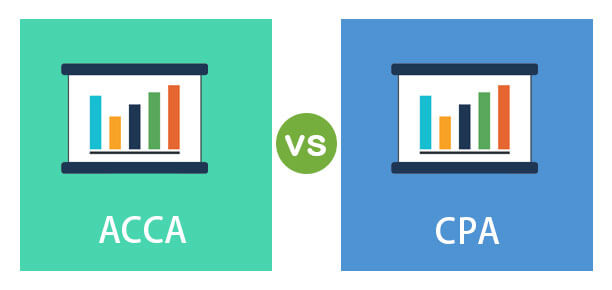You might be asking yourself if the CFA charter is worth it because you heard the CFA Program is expensive and it takes a long time to become a CFA charterholder. Or perhaps you’re considering switching careers and looking for information about what you’d be getting yourself into.
In this blog, we provide the necessary context to help you decide if the CFA is right for you. Our goal is to help you set expectations about the outcomes for CFA charterholders and provide you with options in case you decide that the CFA charter is not right for you at this time.
Factors To Consider If The CFA Is Worth It
Typically, the CFA Program is finished by people with backgrounds in finance, accounting, economics, or business. Having a financial background is not necessary to pursue the CFA charter; however, you will need 4,000 hours of “professional work experience” completed in a minimum of 36 months in areas like trading, corporate finance, and economics to become a CFA Charterholder.
Each person will have their own set of personal factors to consider when deciding if the CFA charter is right for them. Information about those factors usually requires more context than what is provided in CFA FAQ’s
Career Goals
Upfront, you should understand that the CFA charter can indeed help you in your career, but it’s not the silver bullet for success. You are the secret to your success, and the CFA charter is just one part of that.
We’ve learned an important fact: Charterholders who landed new finance jobs or moved up in their organizations applied passion, dedication, determination, and other common CFA traits to their job search or upward career move. In other words, they didn’t stop working hard after they passed the CFA exams. They also did not set the bar too high in their job search or in their desire for a better position. Instead, they did their homework on the types of jobs where a CFA charter is more likely to be respected and designed a long-term plan for working hard and moving into management.
For example, if you are a student you could use your journey through the CFA Program to get an internship or an entry-level position to start gaining the experience needed to officially become a CFA charterholder
If you’re already working in the financial industry, we’ve seen success come to those who applied for positions or promotions where the charter is seen as advantageous. According to CFA Institute, 22% of CFA charterholders are employed as portfolio managers.
Again, you are the secret to your success. Other things you can do to help your career are:
• Leveraging personal contacts
• Joining a CFA society
• Network on social media
• Attend events related to your career aspirations to meet possible employers
• Sharpen your presentation skills
• Practice interviewing
• Try not to get discouraged along the way
Finding the Time to Pursue the CFA
Honestly thinking about how much free time you have to dedicate to the CFA Program should be a priority for you. Some important information to consider if you don’t have lots of free time should be:
• CFA Level I exams are usually only offered four times per year
• You can only take an exam twice per calendar year
• You can’t fail the Level I exam and then re-enroll into the next immediate exam window
• Average CFA candidates can spend more than 300 hours studying for each CFA exam
• You should expect to spend three to four years completing the CFA program.
Salary Expectations
Determining how much money you can expect to earn after passing all three CFA exams is difficult to determine. If you earn the CFA designation as a mid-level analyst, it’s fair to expect a 15-20% increase in salary. In reality, the CFA designation seems to provide more experienced analysts and managers with a larger salary increase. Again there are many factors that determine salary increases but one thing for sure is that the CFA designation is seen as valuable, especially for candidates in senior roles like risk, investment, and portfolio managers.
For example, if your end goal is to become a portfolio manager at a top firm, the CFA Institute determined in a 2019 compensation studythat US$177,000 was a typical total compensation amount.
According to the U.S Bureau of Labor Statistics, the annual median pay for financial analysts in the U.S is 83,660 USD according to Glassdoor.
Finance professionals who are active CFA charterholder can be rewarded with significant earning benefits such as:
• Performance-based bonuses
• Access to high-net-worth clients
• Consulting and advisory roles
• Opportunities in alternative investments
• Entrepreneurial pursuits
Ready to Begin Your CFA Journey?
If you are interested in joining hands with a leading CFA tuition provider to help make your CFA journey easier, then Kaplan Professional Middle East is here to offer you the expertise of having helped students to successfully ace their CFA exams for several years with the industry’s leading trainers, world-class support, CFA’s most trusted study materials – Kaplan Schweser, and digital solutions. If you are looking for CFA training, join us as a student to kickstart your CFA exam preparation.






